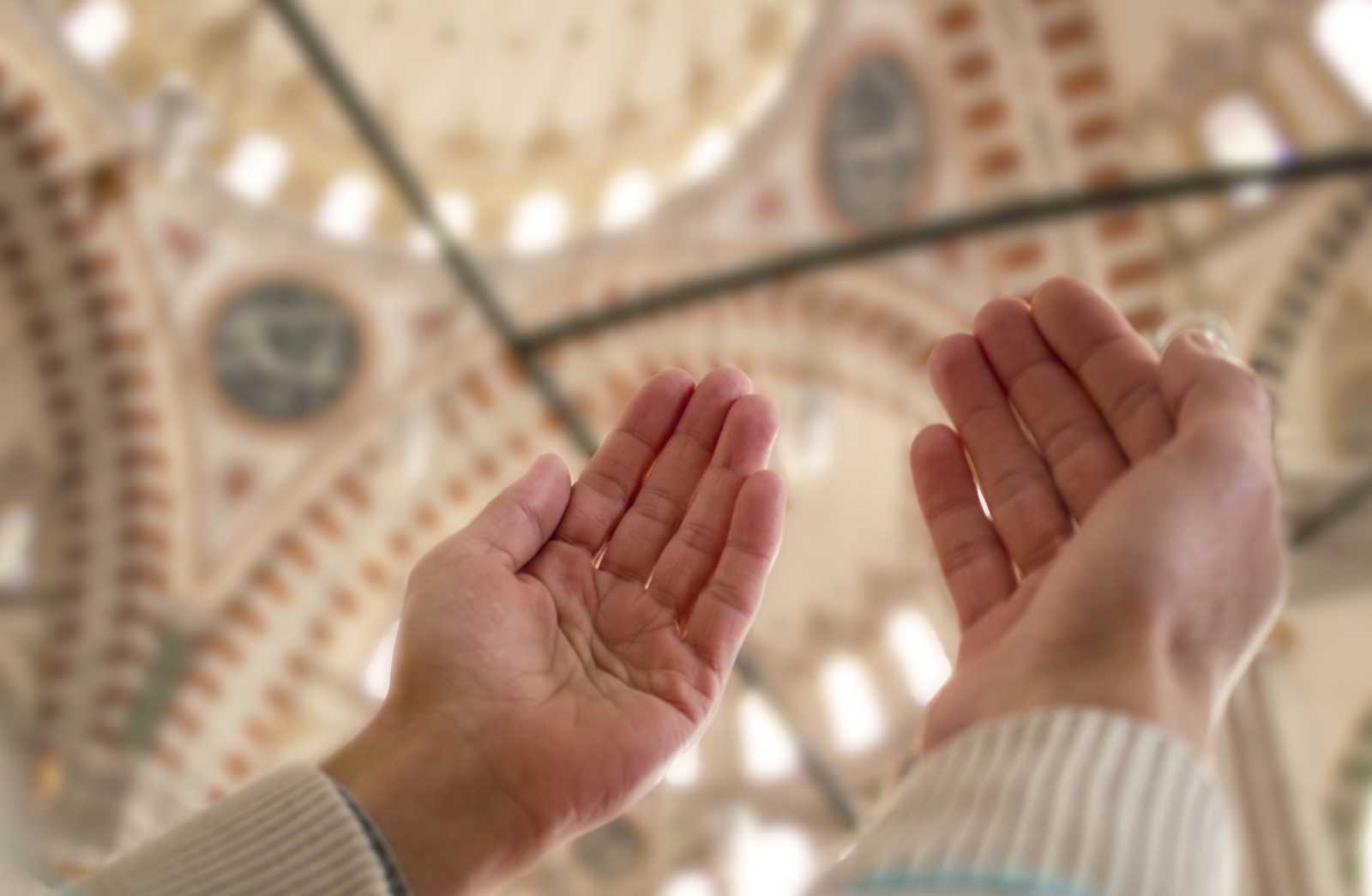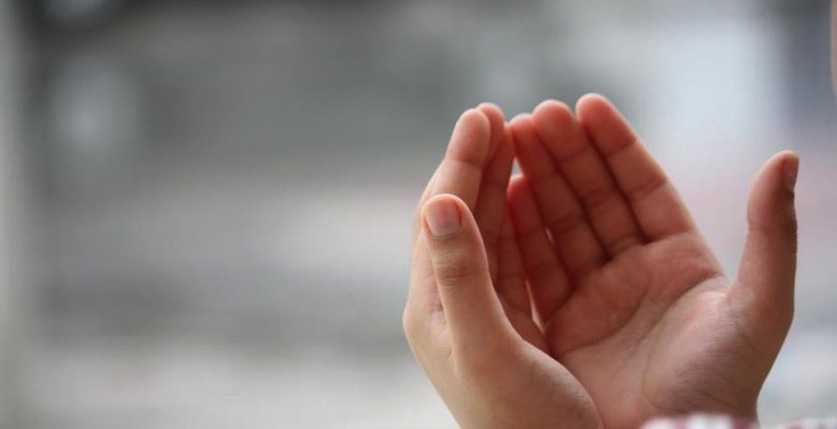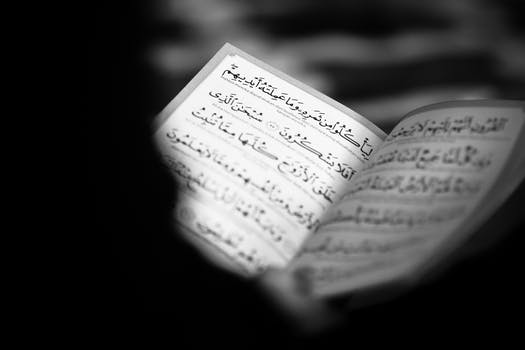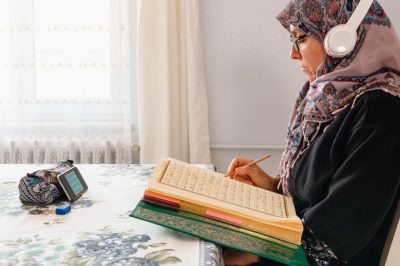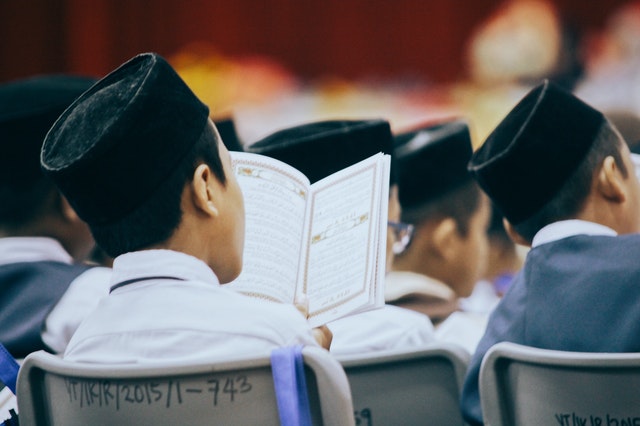In the first three articles in this series about finding inner peace, I wrote about dealing with the external forces.
First, I wrote about how we can improve our life just by changing how we view it, our attitude towards it, and all that comes our way.
I wrote about how we can and should connect and be kind to the people around us.
And most importantly, I wrote about how we can and must connect with Allah through worship and remembrance.
Dealing with how we view life, how we deal with others, and how we approach Allah are all external factors of vital importance in traveling down the path to inner peace.
But there are more components that if we leave them out of our lives, we will travel the path to inner peace and never reach our destination.
These components are matters of the heart.
It only stands to reason that we not only deal with our outer lives but deal with our inner selves to reach inner peace.
Inner Peace cannot Be Found in a Car
A couple of weeks ago the engine light in my car flashed, causing the hair on the back of my neck to stand at attention.
I drove around for a while repeating the Basmalah (“Bismillah”, The supplication that is recommended when your ride is failing), hoping it would hold together until I had the time and money to get it fixed.
Finally, I was able to take the time and suffer the expense. As I drove another town over to the auto-shop, I played a lecture by Omar Suleiman about happiness.
Sheikh Omar’s lecture was about the four components of happiness that the Prophet (peace be upon him) spoke about. Sheikh Omar related the hadith:
“Part of happiness include a pious wife, a spacious dwelling, a righteous neighbor and a good mount or ride.” (Al-Albani, 116)
The translation of the last component was confirmed with a scholar of Arabic. And a “sweet ride” was ruled an appropriate translation. And here I was matching my level of happiness up against these four components.
Righteous spouse? Check!
Spacious House? Check!
Good neighbor? Check!
A sweet Ride? Not at the moment…
Then Sheikh Omar went on to remind the audience that it was the best of mankind, the most content of the believers that had only one of these four things that lead to happiness.
The Prophet (peace be upon him) had a constricted home. It is said that he lived in a space no larger than nine feet by four feet.
He never owned a reliable mount or form of transportation (what a sweet ride would have been back in the day of the Prophet). And we all know that his neighbors in Makkah were pretty terrible to him.
The one thing the Prophet did have was a righteous spouse. Masha’Allah.
Yet, even though in many aspects he was restricted and constrained, he still had inner peace. So we can see from the example of the Prophet’s life that having the four things listed in the hadith are not required to experience happiness or its byproduct- inner peace.
And we can also see from the lives of the rich and miserable that having these four things mentioned in the hadith doesn’t guarantee happiness or inner peace. It may simply be that these four things can be a cause for worldly joy of man.
The Prophet and any person who truly experiences inner peace have three things in common. They are all content with what they have (rida). They trust in the Lord (tawakul). And they love Allah.
All these commonalities originate in the heart. No one can give you resignation (rida). You can’t buy Trust in Allah (tawakul). And the love of Allah cannot be found in any inheritance, no matter how large.
Each of us must train our hearts toward rida, tawakul, and love of Allah if we wish to attain inner peace.
Having Rida, the Ultimate Satisfaction
Being content with our sustenance, what Allah has provided us with, in a consumer-driven society is a pretty big challenge.
We are constantly being shown images of people who have more than us, people who look so happy just because they bought that model car, fulfilled because they took that trip, or popular because they have that brand of clothing.
Social media propagates this standard of happiness that is consumerism. But if we dig just below the surface, we will find that this is just an illusion. The Prophet reminds us that:
“Whoever wakes up safely in his home and is healthy in his body and has provisions for his day, would have acquired all the worldly possessions he is in need of.” (At-Tirmidhi)
If we have enough for today, if we are safe and healthy, it is enough for us as human beings. And no manner of comparing to those who have more, striving for more, or actually having everything will give us any more happiness that the basis requirements will. If we are not content with what we have, we will never be at peace because starting on the path to peace means deciding to be content.
Being content is an internal process. It is a taming of the heart, a coaxing it to be fulfilled.
Having Tawakul, It’s the Ultimate Trust
Everyone has seen the lame exercise at work retreats or in Youtube videos where one person falls backward and trusts the person behind them enough not to let them fall on the ground. Sometimes it works. Sometimes it doesn’t. And sometimes it fails so spectacularly that it is funny.
All the people who fall backward understand the concept of trust. In our daily lives we trust the people around us in the same way. We trust the doctor to prescribe the correct medicine. We trust the bank teller to deposit our wealth in our account. But still we worry. We know that human beings make mistakes.
This is where tawakul (reliance on God) comes in. It is our responsibility to do what we are tasked with in this life. To go to the doctor when sick, to go to the bank when need arises. But also know trust that our affairs are in the hands of Allah, to have tawakul.
As Jinan Bastaki writes: “God is Al-Wakeel; this means that it is He who controls His worshipers’ affairs and takes care of them. He never abandons them nor leaves them to another source.
He has given Himself this name and made it known to us, so that we know this is an essential attribute of His; thus, we will never be let down. Even if things do not go according to plan, we know that God will give us something that is better. We could not have entrusted our affairs to anyone better than Him.”
Trusting in Allah is an internal process. It is a training of the heart toward true reliance and letting go of worry.
Loving Allah, It’s the Ultimate Love
In life we find ourselves loving those who take care of us, who are close to us, and those who are good to us.
Once we realize there is no one who will care better for us than our Lord, no one who is closer to us than Allah, can we realize how much we should love Allah?
But more than that, once we understand that Allah is the owner of love, that: {[..] (Allah) is the All-Forgiving, the All-Loving.} (85:14), and the owner of our hearts can we understand how we can love for Allah’s sake and love Allah more than any other object of our love.
Loving Allah is an internal process. It is teaching the heart where love comes from and where it should be directed first.
Rida, Tawakul, and Love for Allah are all matters of the heart, they are all avenues to inner peace.
Next, in our search for inner peace, we will discover how to implement these virtues into our lives and look at exemplary people who have reached ultimate rida, tawakul, and love for Allah.
Read Part 5
(From Discovering Islam archive)
The post The Triangle of Inner Peace appeared first on About Islam.
source https://aboutislam.net/reading-islam/finding-peace/inner-peace/the-triangle-of-inner-peace/







 Read Also:
Read Also: 


